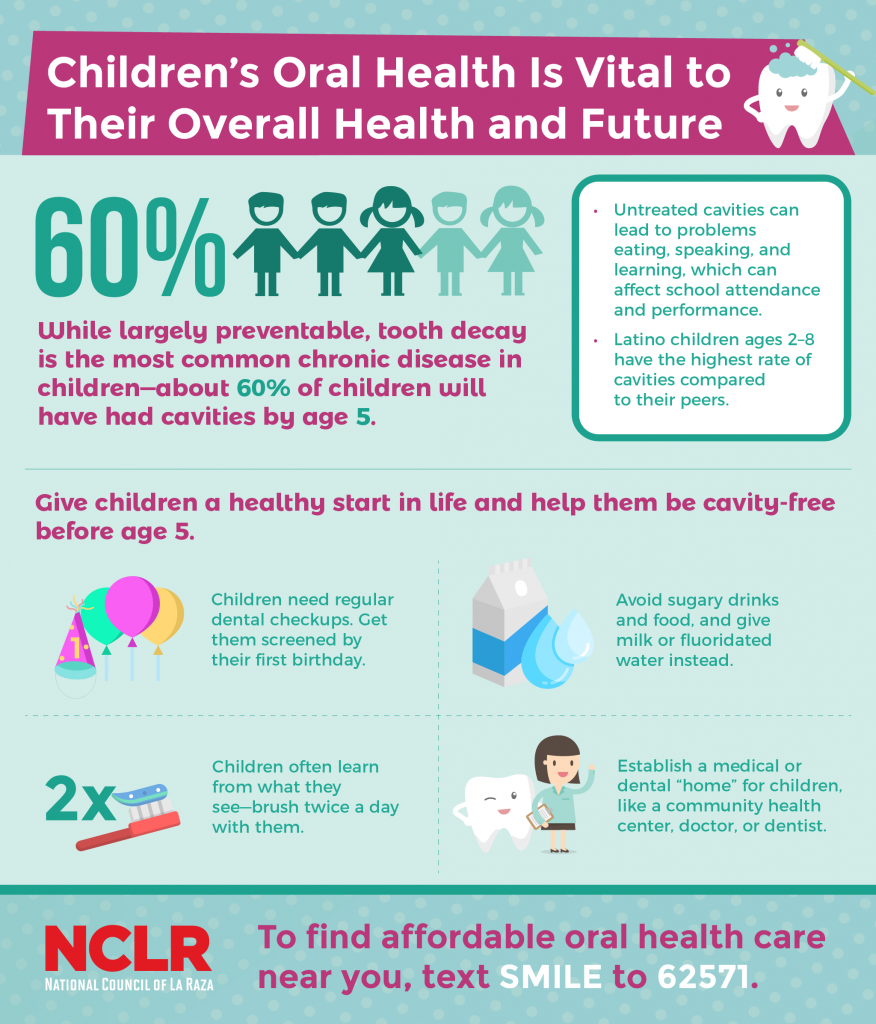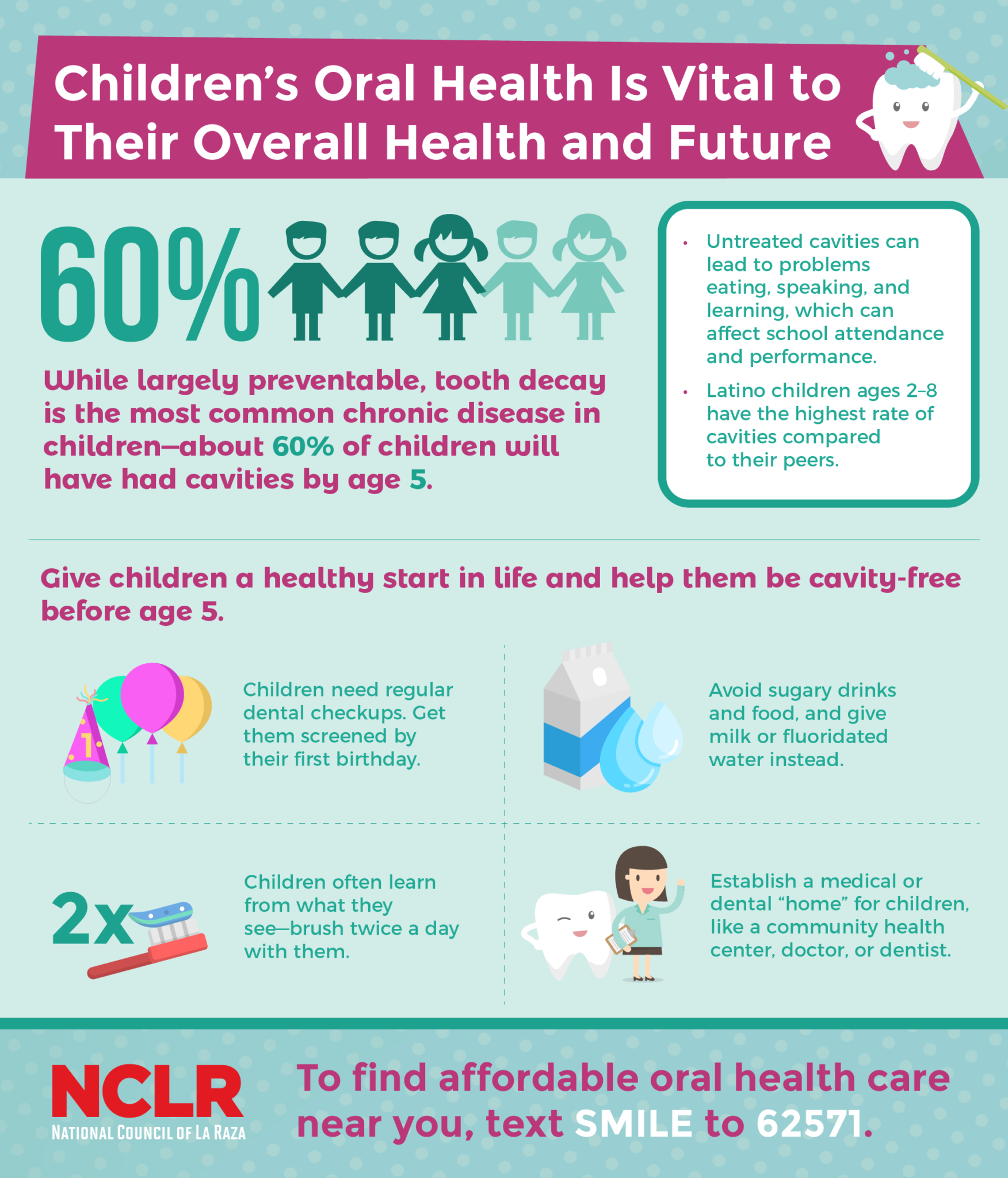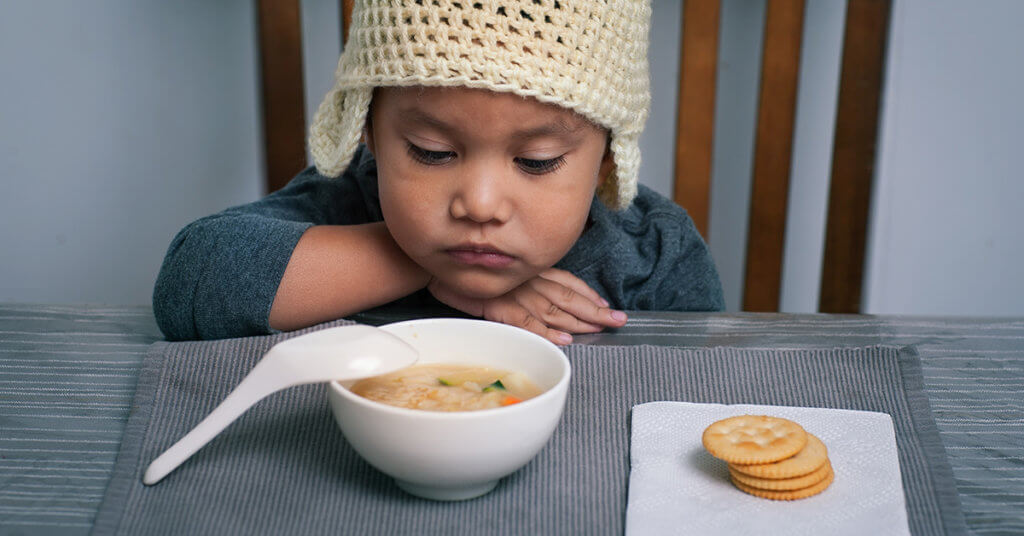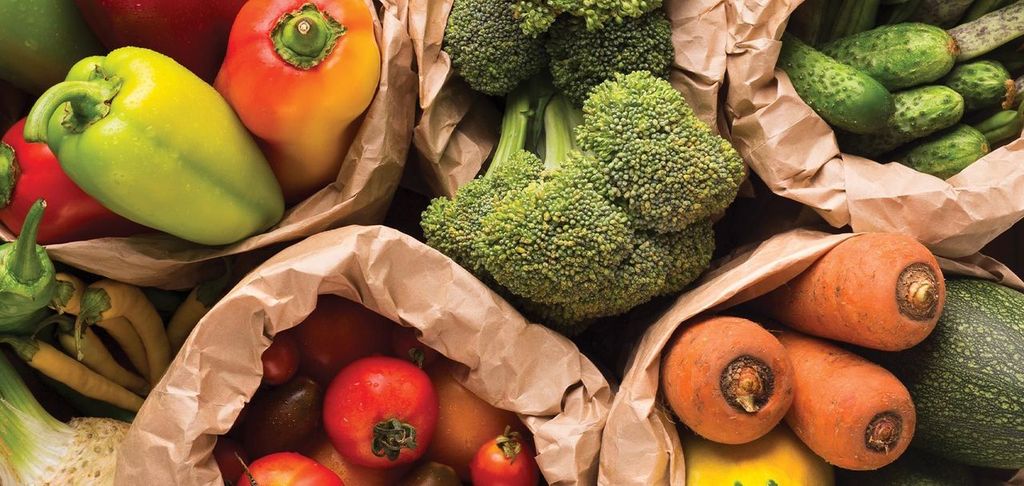Healthy and Ready for the Future – A Convening to Address Latino Children’s Oral Health in Rural America
NCLR’s Institute for Hispanic Health (IHH) recently hosted six Affiliates at a kick-off meeting for Healthy and Ready for the Future, an initiative aimed at improving the oral health of Latino children living in rural communities, especially those from migrant and seasonal farmworker families. NCLR is partnering with Affiliates that are either Federally Qualified Health Centers (FQHCs) or community-based organizations with Migrant and Seasonal Head Start (MSHS) programs. Our partners will build upon their work of linking children to a medical or dental “home”—such as primary health care or dental providers— that can provide ongoing care. Coming from California, Arizona, Texas, Florida, and Washington, the Affiliate partners have a wealth of experience serving low-income Latino children and families in rural areas.
MSHS programs provide an array of vital services to 34,000 children from migrant and seasonal farmworker families every year. FQHCs and Community Health Centers often serve as a medical and dental home for these children and strive to improve the health of underserved communities and vulnerable populations by providing access to quality care. Aside from increasing access to early oral health care for children, Healthy and Ready for the Future will launch a culturally sensitive, bilingual outreach and education campaign to boost awareness of how important it is for families to get early preventive oral health care and establish a dental home for their children.
Keep up with the latest from UnidosUS
Sign up for the weekly UnidosUS Action Network newsletter delivered every Thursday.

IHH health experts shared the urgent need to reach Latino agricultural workers with messages about early oral health care:
- By the age of five, about 60% of U.S. children will have had a cavity. Children living in poverty are twice as likely to suffer tooth decay than their more affluent peers.
- An estimated 30% of migrant and seasonal farmworkers live below the poverty level—double the rate of all Americans living below the poverty line (15%)—putting their children at greater risk for tooth decay.
- Tooth decay can lead to problems with eating, speaking, learning, and socializing, often resulting in school absenteeism and lower self-esteem.
Dr. Don Weaver, Associate Medical Officer of the National Association of Community Health Centers (NACHC), spoke to the program’s participants about the critical need to integrate oral health and primary care. He reported that the top chronic disease among children today is tooth decay, which he called a “silent epidemic.”
NCLR President and CEO Janet Murguía thanked the participants for their dedication to improving Latino health, their work in improving the health of Latinos, and was enthusiastic about the opportunity to work together and bring this focus to oral health care.
NCLR Affiliate representatives from Chicanos Por La Causa, Clínicas de Salud del Pueblo, El Concilio, Redlands Christian Migrant Association, Sea Mar Community Health Centers, and Su Clínica Familiar discussed common challenges in encouraging Latino parents in rural areas to bring in their children for a dental visit before their first birthday. These included limited insurance coverage, a lack of dental care providers, problems with transportation in rural areas, and difficulty for parents in taking time off from work. Also, they said it can be hard to establish relationships with families who move frequently across states for seasonal agricultural work.
Some strategies mentioned to overcome these challenges include scheduling evening and weekend appointments, partnering with community agencies and private dental care providers, offering on-site dental care at schools and through mobile clinic vans, providing transportation to appointments, and coordinating medical and dental services into one visit. Promotores de salud (community health workers) and other frontline workers are critical in providing information during home visits, at health fairs, community centers, and other locations.
“We hope this peer-to-peer learning and training over the two-day meeting will facilitate effective communications about the importance of early oral health care for children in the Latino agricultural community,” said Rita Carreón, NCLR Deputy Vice President for IHH.
Healthy and Ready for the Future is part of NCLR’s work with Red Nose Day to come together to end child poverty, one nose at a time.



